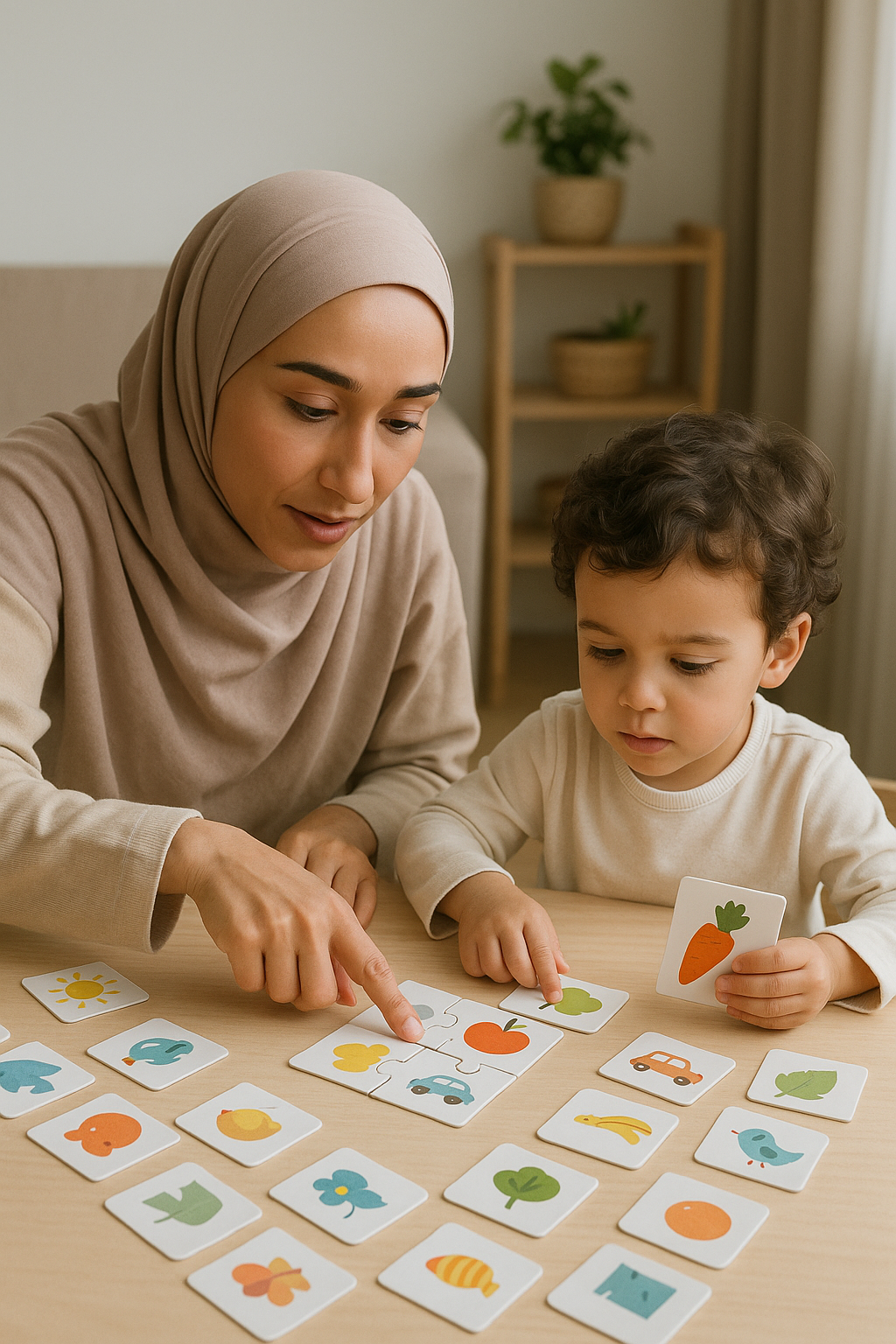When Should a Child Start Talking?
One of the most exciting parts of parenting is hearing your child say their first words. However, speech and language development can vary widely between children. While some toddlers speak early, others may take more time. Still, there are general milestones that help parents understand when speech usually begins.
📅 Typical Speech Development Milestones
Most children go through predictable stages of speech development. Knowing these stages helps parents recognize progress and notice potential delays.
- By 6 months: Babies start babbling sounds like “ba” or “da.”
- By 12 months: The first clear words, such as “mama” or “dada,” usually appear.
- 18 – 24 months: Vocabulary grows to 20–50 words, and children may combine two words, e.g., “want juice.”
- 2 – 3 years: Children can form short sentences and may use 200–300 words.
- By 4 years: Speech is more complex, and strangers can understand most conversations.
⚠️ Signs of Speech Delay
While small differences are normal, certain signs may indicate a speech or language delay. Parents should consider professional evaluation if their child:
- Does not babble or make sounds by 12 months.
- Has no words by age 2.
- Cannot form two-word sentences by age 3.
- Does not respond to their name or familiar voices.
- Loses previously learned words.
Because early intervention often leads to better outcomes, it is important not to ignore these red flags.
🏠 How Parents Can Support Language at Home
Parents play a vital role in encouraging speech and language skills. With simple daily practices, you can strengthen communication naturally.
- Talk often: Describe activities throughout the day, even if your child cannot respond yet.
- Read books: Simple stories improve vocabulary and comprehension.
- Sing songs: Music helps children remember words and rhythms.
- Use gestures: Combining hand movements with words builds understanding.
- Celebrate efforts: Encourage every attempt to speak, even if unclear.
🌟 Final Thoughts
Every child develops at their own pace, but speech milestones give parents a helpful guide. If you are concerned about your child’s progress, seeking advice early can make a huge difference. Remember, language is more than words—it is about connection, learning, and self-expression.

